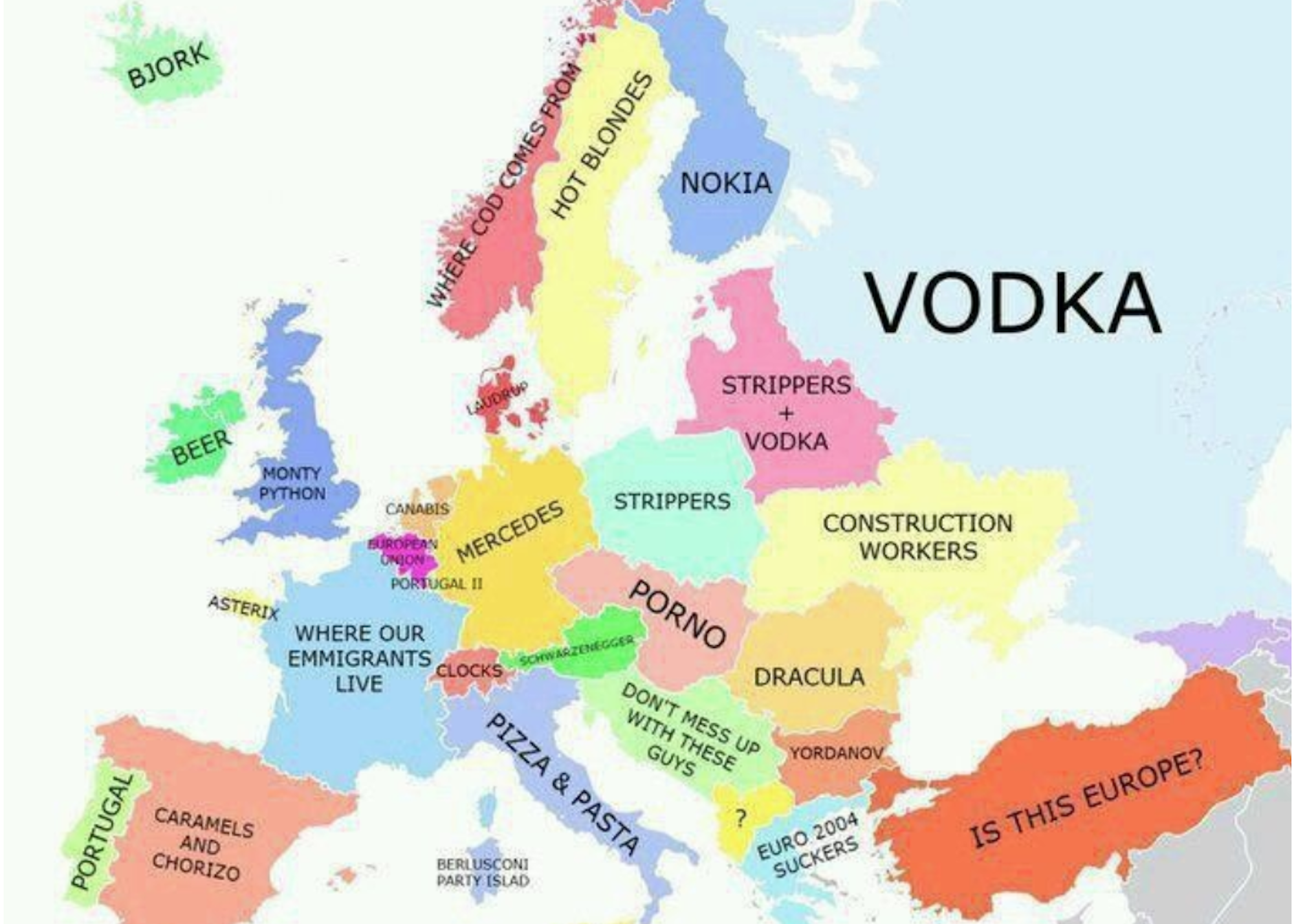We have thoroughly explored how racist policies were slowly augmented over time in Nazi Germany. Even with this rise of anti-Semitic policies, Hitler and the Nazi party were able to win the hearts and minds of the German people while simultaneously crushing the Jewish community in Germany and all over the territory Hitler conquered during the war. In his memoir, Levi says, “To destroy a man is difficult, almost as difficult as to create one: it has not been easy, nor quick, but you Germans have succeeded” (p 150). At this point in the memoir, it seems as though Levi is accepting that the Germans had succeeded in destroying the will of the Jewish people to defy the Nazis and live on. While the treatment of the Jews under some of Hitler’s earlier racist laws was definitely terrible, the degrading and despicable treatment of Jews in camps like Auschwitz takes this to a whole new level. With this, do you agree with the assessment that the Nazis successfully “destroyed” the will of Jews like Levi?
Hitler’s New Order
One point that Mazower mentions in this chapter is the way the more dominant European powers like Britain allowed Hitler and Germany to become so powerful . He says, “Mistrust of German power was blended with admiration for their economic recovery” (pp 140-141). Other than admiration for its recovery after World War I, are there any other reasons why the allies stood by when Hitler began to completely ignore the provisions of the Treaty of Versailles? Mazower also explores Hitler’s disorganized plan regarding territory he never thought Germany would capture. If Hitler and the Nazis had more intricate plans of governance prior to implementing Blitzkrieg and quickly conquering country after country, would they have emerged from World War II victorious with a vast German Empire? Would it have been possible to maintain long-term control of such a diverse collection of cultures under the rigid Nazi system?
Changes at School
This section about Ellen Switzer’s experience in school really stood out to me. In any society, the way children are raised really has the ability to shape the mentality of an entire generation. Hitler clearly understood this concept very well. We have talked about his ability to inspire the German people and rise to power as a totalitarian dictator, but this story helps show the very effective the Nazi propaganda machine at work. It would have been essential for Hitler to win the support of young people in order to secure the future of his rule. When Hitler came to power and ordered the separation of Jewish and German students, Switzer points out that Ruth may have thought it was a misunderstanding, but still went along with the orders. Even after Ruth showed some initial hesitation, Switzer says, “Not only did she no longer speak to the suddenly ostracized group of classmates, she carefully noted down anybody who did, and reported them” (p 175). I know we have already touched on this a bit in class, but how was Hitler able to convince people like Ruth that they should abandon their own ideas and subscribe to his? What other examples throughout history exist where education has been used as a tool to shape the minds of students?
